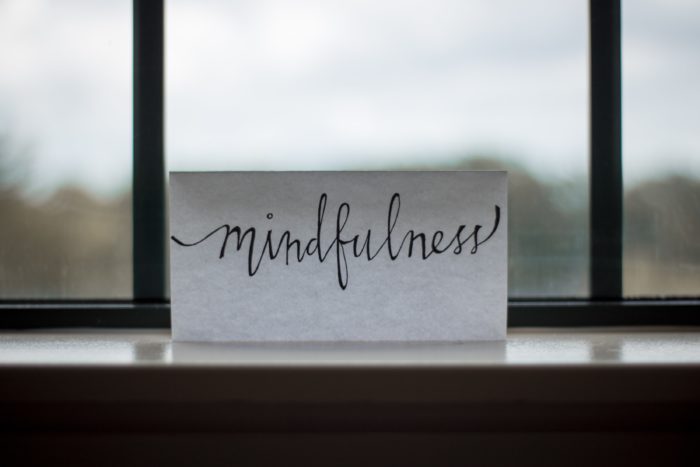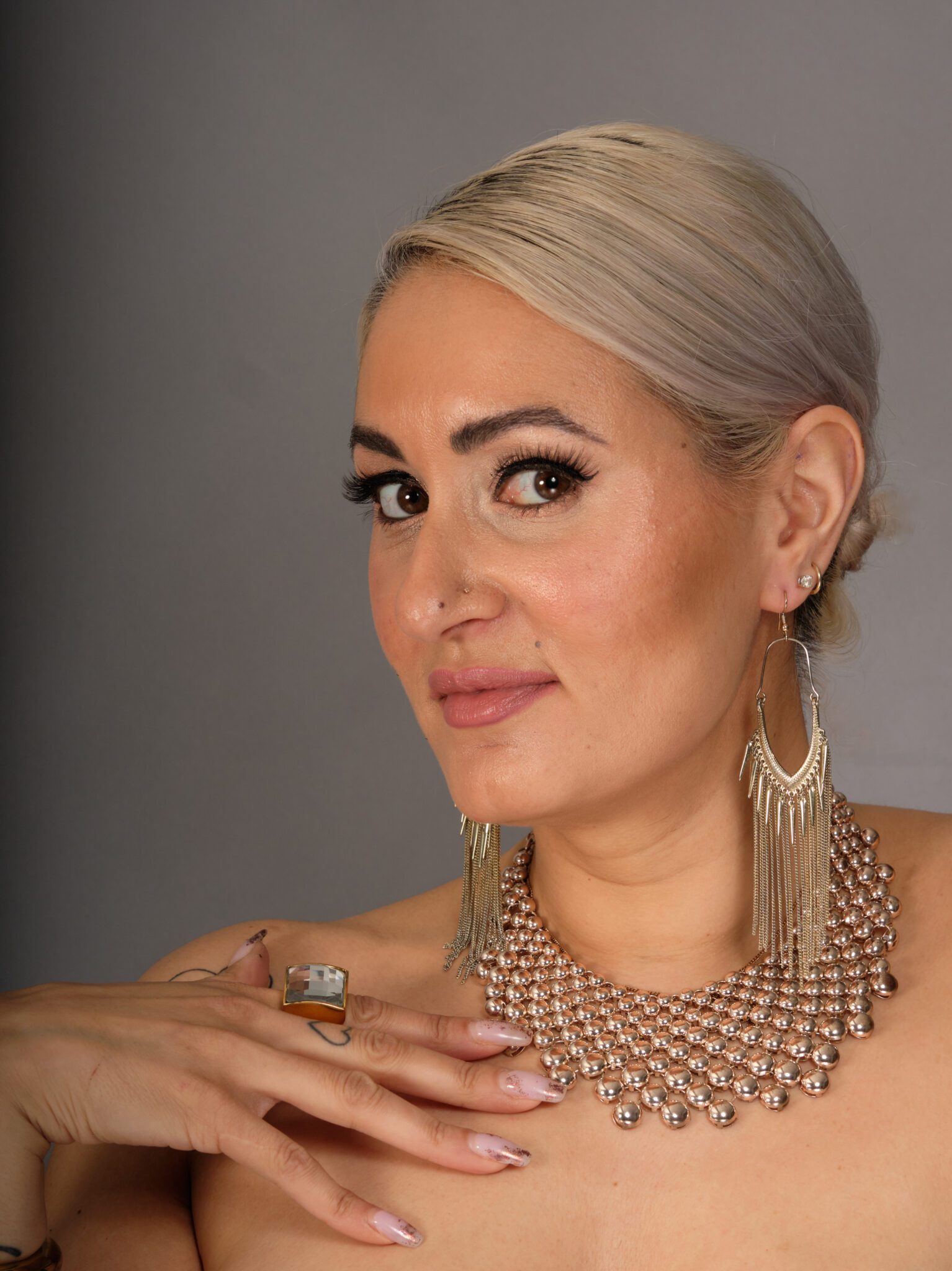As far as I can remember, I have always been writing one thing or another. But for a long time, it was simply something that I did for myself. Whether this was coming up with exciting, tragic, or scary stories, whether I was rewriting my favorite sonnets into parodies about student life or composing a poem about a secret crush that would never see the light of day.
Written by Caitlin Evans.
Header Source: depositphotos.com (free to use and share)
Now that I’m older and (a little bit) wiser, I understand that putting words to paper was a form of therapy. It allowed me to pack all the emotions I was feeling on the inside into something expressed and released, setting me free in the process and allowing me to either move on or (more often) fall deeper into a state of passionate obsession.
But until I was well into my twenties, I never considered myself to be worthy of the title of writer. Yes, I wrote almost every day, but never put anything in public. The thought of other people reading my work, scrutinizing every word was, to say the least, paralyzing. On the very rare occasion that I let a trusted friend read my scribblings, I would fall into a deep state of anxiety that would persist, even when their feedback was positive, encouraging, or constructively critical.
Writing, as I thought, was something meant for the select few. No way was I closely good enough to try and attempt to infiltrate this exclusive, ethereal world.
And then, everything changed.
Source: depositphotos.com (free to use and share)
To this day, I cannot understand what had gotten over me. Perhaps it was excitement. I was researching nutrition for a paper at university, and I distinctly remember getting the feeling that this was something I needed to share with people. It wasn’t about the fact that the information I had learned went against everything I thought I knew about food before, it was more about a feeling of wanting to get something out to the public.
So, I did something impulsive, completely out of character. I wrote an article, did some light editing, and emailed it to the editor of an online publication. To my enormous surprise, they replied the very next day, agreeing to publish it online.
Since that moment, I’ve learned quite a bit. For one, my editing process lasts much longer than a couple of hours. Secondly, I’ve gone through my fair share of writer’s blocks, obsessive periods, as well as a couple of burnouts. But I’ve also learned how to deal with these obstacles. Some are more effective than others, but in the end, they’re all things I turn to whenever I feel like I’m reverting to that state of feeling not good enough.
Tips for overcoming writer insecurity
1. Push through
Sometimes, the best way to beat writer’s block is to ignore it. While you may not have the required inspiration, motivation, or energy to finish an entire chapter of a book you’re working on, you could take this time to get yourself excited about writing.
Maybe there’s a topic you’ve been itching to tackle? Or you feel like you’d benefit from a stream of consciousness journal entry for the day? Maybe you can give yourself the challenge to do something you’ve never done before (such as composing an epic poem).
Whichever of these fun writing activities you choose, it’s also good to know why writer’s block happens. Try not to let perfectionism stop you from creating content that’s still great, and look into sources of inspiration. Sometimes, a good piece of music can get me fired up and ready to write!
2. Take breaks
Often, the reason behind writer’s block is something as simple as exhaustion. If you suspect you’re not getting enough sleep, you’re not eating well, or have been pulling all-nighters for a prolonged period, it might be time to take a step back.
Source: depositphotos.com (free to use and share)
Look for ways to take care of your body and mind. Go for a hike in nature, take a short trip to somewhere you’ve never been before, or just decide to substitute your content production routine with some great reading for a day or two. You’d be surprised how quickly these little acts of self-care can get you back in the saddle. You might also realize you miss writing so much that you start itching to go back to it before your break is over.
3. Hone your craft
One of the reasons writers become overwhelmed by insecurities is because they feel like their work isn’t good enough. Imposter syndrome is particularly common amongst women and can often be found in people who have accomplished amazing things in life. When you’re a writer who constantly puts their work up for scrutiny, it can be difficult not to be afraid of being exposed as a fraud.
I must admit, I often find myself questioning my ability and worth. But, the most productive way I’ve found to beat this is to work on my writing as if I was still a student. I’ve gifted myself a subscription to Masterclass which offers advice from some of my favorite authors, and I’d gone on to experiment with ESL courses, the IELTS writing task to be specific, to try and find some additional insight into what makes a really good text.
4. Embrace criticism
The final piece of advice I can offer is this: don’t be afraid of criticism. Even the harshest comment about your texts can do you good. The reality of life is such that not everyone can like you, so it’s best to accept that fact as soon as possible. As you work to become a better writer, it’s not a bad idea to look at your work objectively and see the things that might not have panned out as you intended them to.
Of course, this doesn’t mean giving up on the things you feel strongly about. If you feel truly passionate about something, it’s going to resonate. Even if people don’t get it right away.
Most of all, enjoy the journey
Source: unsplash.com (free to use and share)
If writing is your preferred way of expressing what’s deep inside your soul, you need to do absolutely everything you can to allow yourself that release. Sometimes, that means thinking of your stories, poems, or articles as a means of therapy. The process can be difficult, defeating, scary, sometimes downright painful, but it’s part of who you are. So embrace it. Make it your own, good parts, bad parts, and everything in between. You might just find that it’s the kindest thing you could ever do for yourself.





